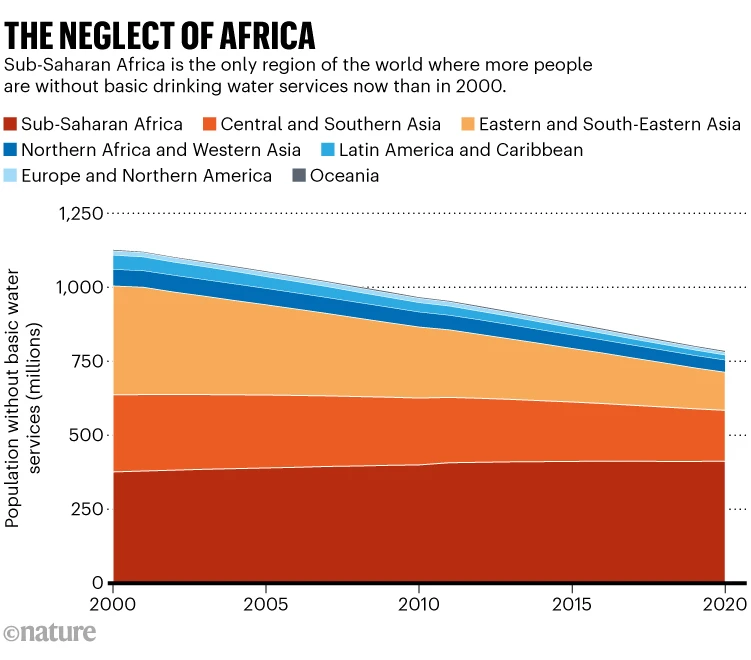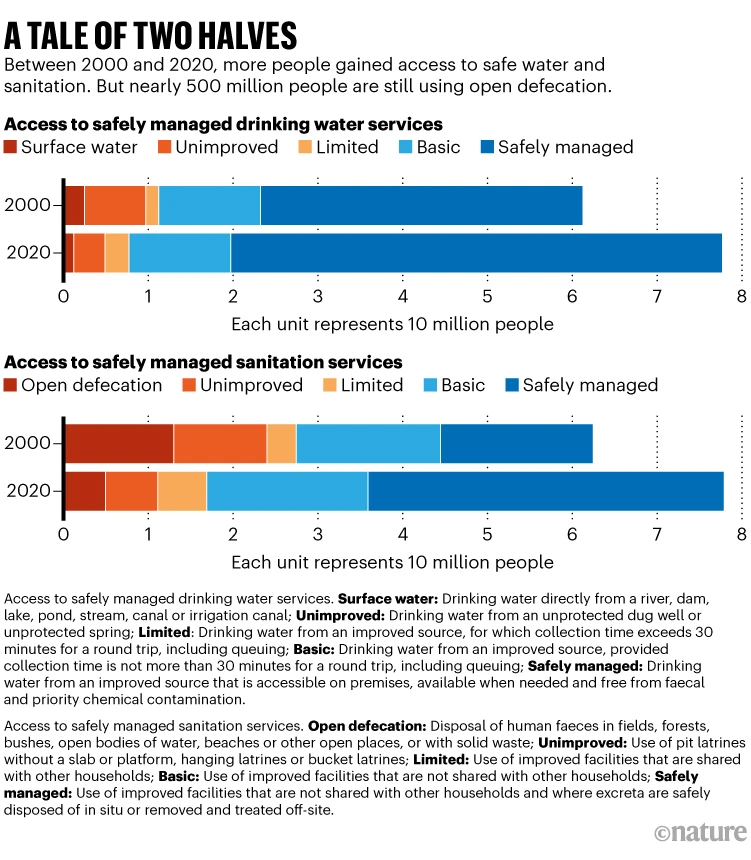New research has uncovered that the number of people lacking access to safe drinking water in cities around the world will double by 2050 due to overconsumption and climate change.
Billions of people will face water shortages in the coming decades as climate change, population growth, and shifting agricultural practices strain supplies like never before.
This is according to the UN World Water Development Report, which was published in collaboration with UNESCO on Tuesday ahead of a vital United Nations summit.
As it states, nearly 1 billion people in cities around the world face water scarcity today and the number is likely to reach between 1.7bn and 2.4bn by 2050, when urban water demand is predicted to increase by 80%.
The report also found that lack of access to safe drinking water in rural areas is becoming a more frequent occurrence, that scarcity is becoming ‘endemic’ due to pollution, and that global warming will boost seasonal shortages in both regions with abundant water and those already struggling.
This, it warns, is ‘blindly’ sending us down a ‘dangerous path’ of ‘vampiric overconsumption and overdevelopment’ that will amount in a water crisis entirely out of our control.
‘There is an urgent need to establish strong international mechanisms to prevent the global water crisis from spiralling out of control,’ says Audrey Azoulay, director general of UNESCO.

‘Water is our common future, and it is essential to act together to share it equitably and manage it sustainably.’
The report’s release was timed to coincide with World Water Day and the start of a high-level conference at the UN’s headquarters in New York.
It will be the first ever since 1977, co-hosted by the governments of the Netherlands and Tajikistan, and is set to see global water issues discussed by ministers and a small number of international heads of state.




















